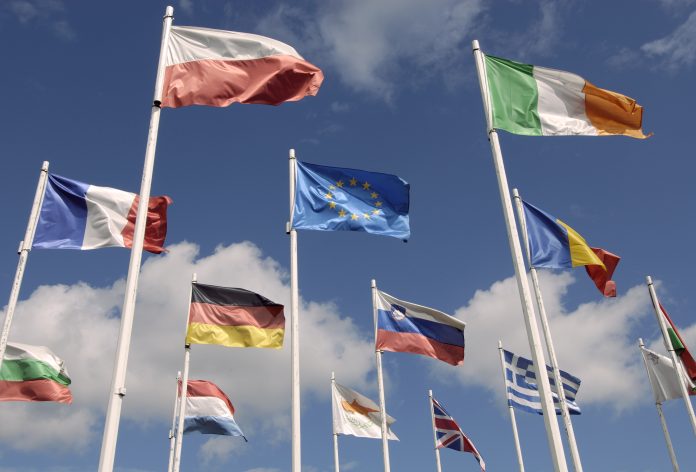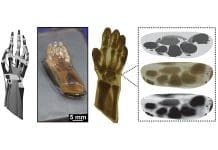The European Union and the Western Balkans have taken steps to strengthen cooperation on research, innovation, and economic development
A high-level ministerial meeting held in Podgorica brought together EU officials, Western Balkans Ministers, and representatives from EU Member States to advance the region’s integration into Europe’s research and innovation ecosystem.
Working with EU strategies
The meeting focused on aligning Western Balkans policies with key EU initiatives such as the Startup and Scaleup Strategy, the European Research Area Act, and the European Innovation Act. These efforts aim to build stronger connections between the EU and the region, ensuring that innovation policies are better coordinated and more effective across borders.
The discussions show the importance of creating a more unified European innovation landscape, where the Western Balkans can participate more fully in shaping the continent’s research and technological future. Efforts are being made to reduce the innovation gap through increased cooperation, policy alignment, and access to EU programmes.
Focus on infrastructure, AI and smart specialisation
Participants agreed on the importance of investing in research infrastructures and promoting the use of up-and-coming technologies such as artificial intelligence in science and industry. They also emphasised the role of innovative specialisation strategies as a tool to stimulate local innovation ecosystems, enhance competitiveness, and address the dual challenges of green and digital transitions.
Smart specialisation continues to gain momentum in the region. Since 2018, all Western Balkan economies have expressed their commitment to adopting this strategy with technical support from the European Commission’s Joint Research Centre.
Private sector engagement and skills
The Ministerial meeting also focused on supporting private sector engagement in research and innovation. Key areas of action include funding opportunities, capacity building, and upskilling initiatives to strengthen the region’s innovation potential and support job creation.
Increased participation in European programmes such as COST (European Cooperation in Science and Technology) and Eureka was identified as a priority. These programmes help researchers and innovators connect with counterparts across Europe and facilitate collaboration between academia and industry.
Western Balkans growth plan and funding mechanisms
The broader context for these initiatives is the Western Balkans Growth Plan, which hopes to bring the region closer to the EU through a series of reforms and investments. A central feature of the plan is the new Reform and Growth Facility, which allocates up to €6 billion in performance-based funding for the period 2024–2027.
This funding mechanism supports projects that align with EU standards and policy priorities, including those that promote innovation, research excellence, and digital transformation.
Closer cooperation on the path to EU integration
Bilateral meetings during the event focused on strong steps to strengthen collaboration between universities, research institutions, and private companies across the EU and Western Balkans. Expanding mobility programmes and joint research schemes were highlighted as practical tools for deepening integration and knowledge exchange.
This Ministerial meeting marks another critical milestone in the region’s path toward EU membership.











